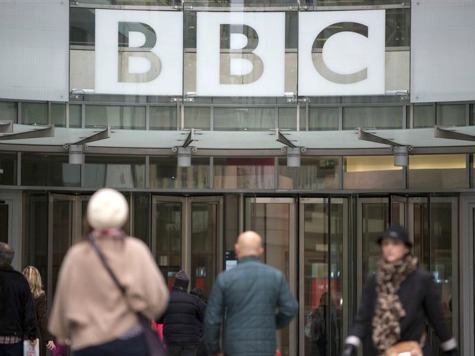
The BBC is one of the worst companies in Britain for hiding behind commercial confidentiality rules to hush-up embarrassing information. The head of the National Audit Office (NAO) told MPs that the BBCs unwillingness to be open about its activities puts it in a league of its own, according to the Times.
Sir Amyas Morse, the comptroller and auditor general of the NAO, told MPs that the BBC would use the tactics to ensure costly failures went unreported. He also claimed that his staff had been prevented from properly scrutinising the corporation by interfering bureaucrats that acted like “gatekeepers”.
He said the NAO had struggled to get information about how the BBC was spending public funds, and whether it was providing value for money. He claimed that this was particularly bad when it came to gathering information on excessive payoffs for former executives. In some cases secrecy led to investigations being held up for months on end.
Sir Amyas told the House of Commons culture, media and sport committee: “There are an awful lot of gatekeepers in the organisation who feel that they can apply their judgement, rather than relying on our professionalism as to what we might or might not see.”
The NAO is tasked with looking at the finances of almost every public body, to reduce fraud and waste. Its ability to investigate the BBC is more limited than it is with other bodies because the corporation has a unique status, meaning that it is not under the political control of the government. It is instead governed by the twelve members of the BBC Trust.
An inquiry last year revealed that the corporation had spent £25 million in severance pay-outs to just 150 senior executives. In January the NAO ran an investigation into the digital archive project which uncovered a litany of failings by BBC management. Over the life of the project the BBC spend around £100m, and in the end had almost nothing to show for it. They cancelled the project altogether in May 2013.
Last month as reported on Breitbart London the BBC wasted £500k on a climate change survey in Asia. It is still unclear why the British taxpayer would want to fund such a project.
Sir Amyas said that these failures had shown that the lines of accountability at the corporation simply did not work. He said: “Bad news didn’t get upstairs very quickly.”
The BBC responded to his allegations by saying: “We are committed to openness and transparency as the content of previous reports has shown and we have a good working relationship with the NAO, which already has full access to the BBC’s operations, with the exception of editorial areas, as protecting the BBC’s editorial independence is paramount.”
News that the BBC is secretive and wreckless with public money is likely to embolden its critics, many of whom are determined to see major changes, potentially including privatisation.
In recent years the BBC has used it financial might to launch a series of local news websites that are putting commercial local papers out of business. It is able to do all this because it is funded by the television license fee, a set amount paid by every household with a TV. Everyone is obliged to pay the fee even if they do not watch the BBC, no other broadcaster benefits from the fee.

COMMENTS
Please let us know if you're having issues with commenting.